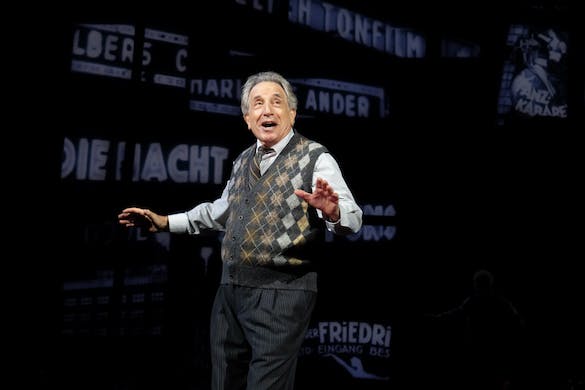
From Log Cabins and Empty Lots, Presidential Origins Manifest America’s Destiny
By DEAN KARAYANIS
|As antisemitism again surges in the wake of the October 7 Hamas terrorist attacks, ‘Harmony’ is especially timely, as it follows a half-Jewish sextet between its formation in the late ’20s and its forced dissolution by the Nazis.

Already have a subscription? Sign in to continue reading

By DEAN KARAYANIS
|
By CONRAD BLACK
|
$0.01/day for 60 days
Cancel anytime
By continuing you agree to our Privacy Policy and Terms of Service.
By JOTAM CONFINO